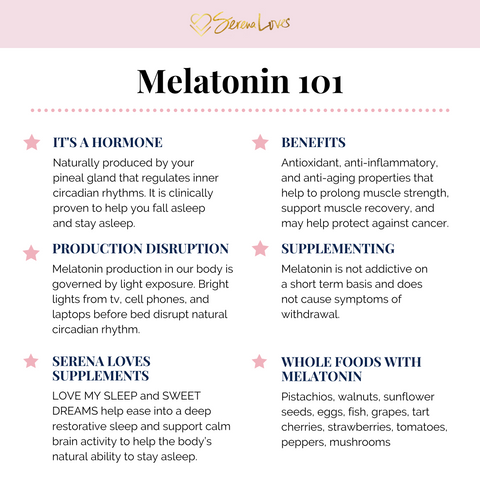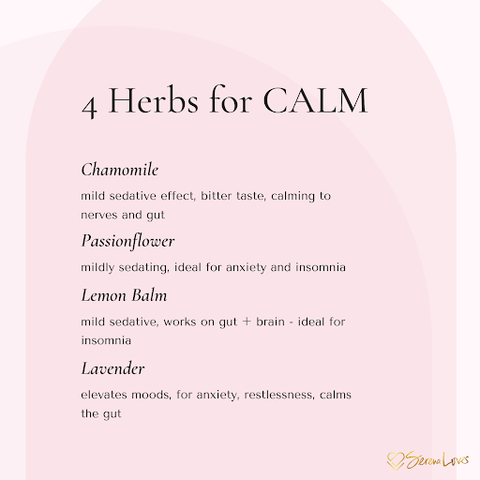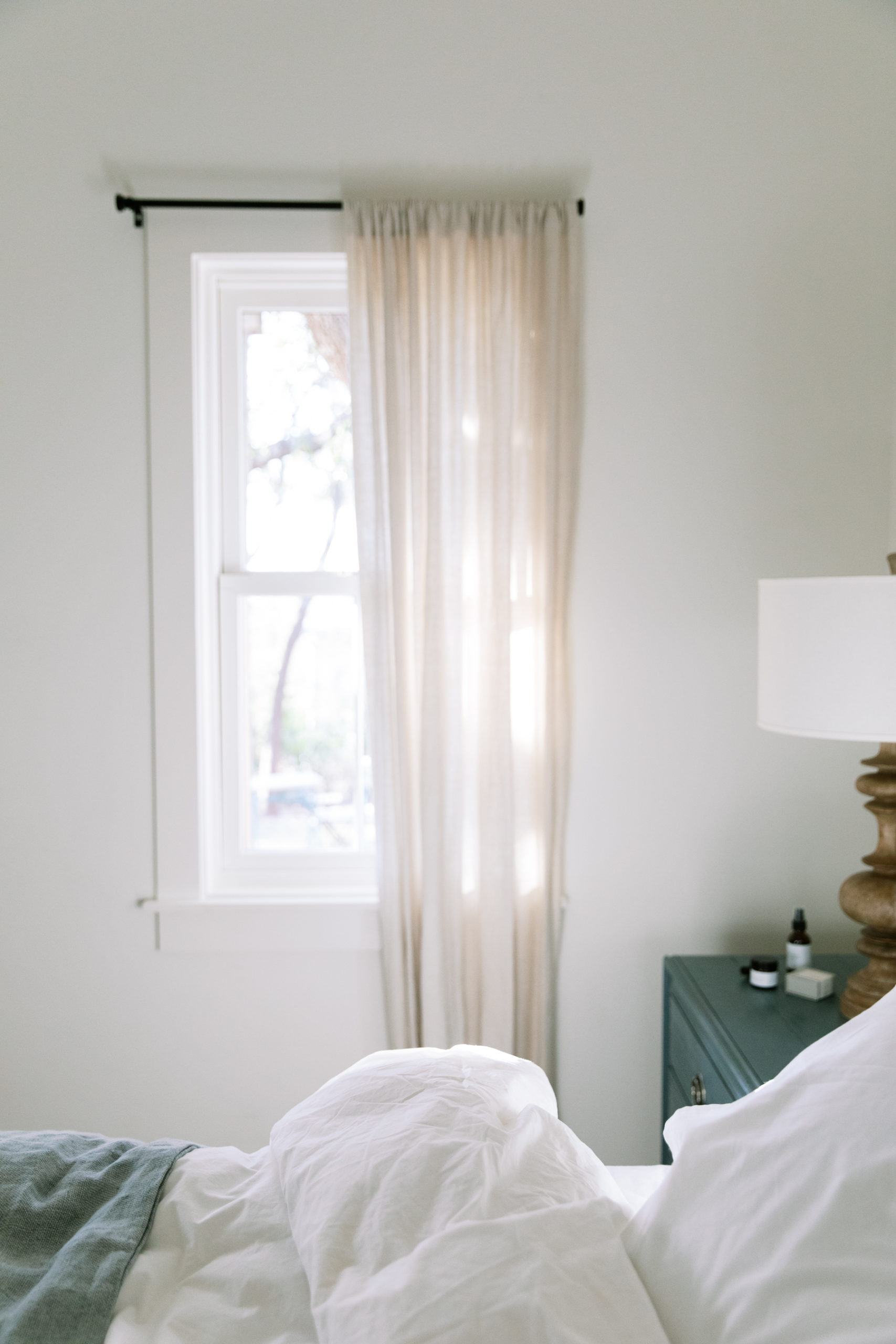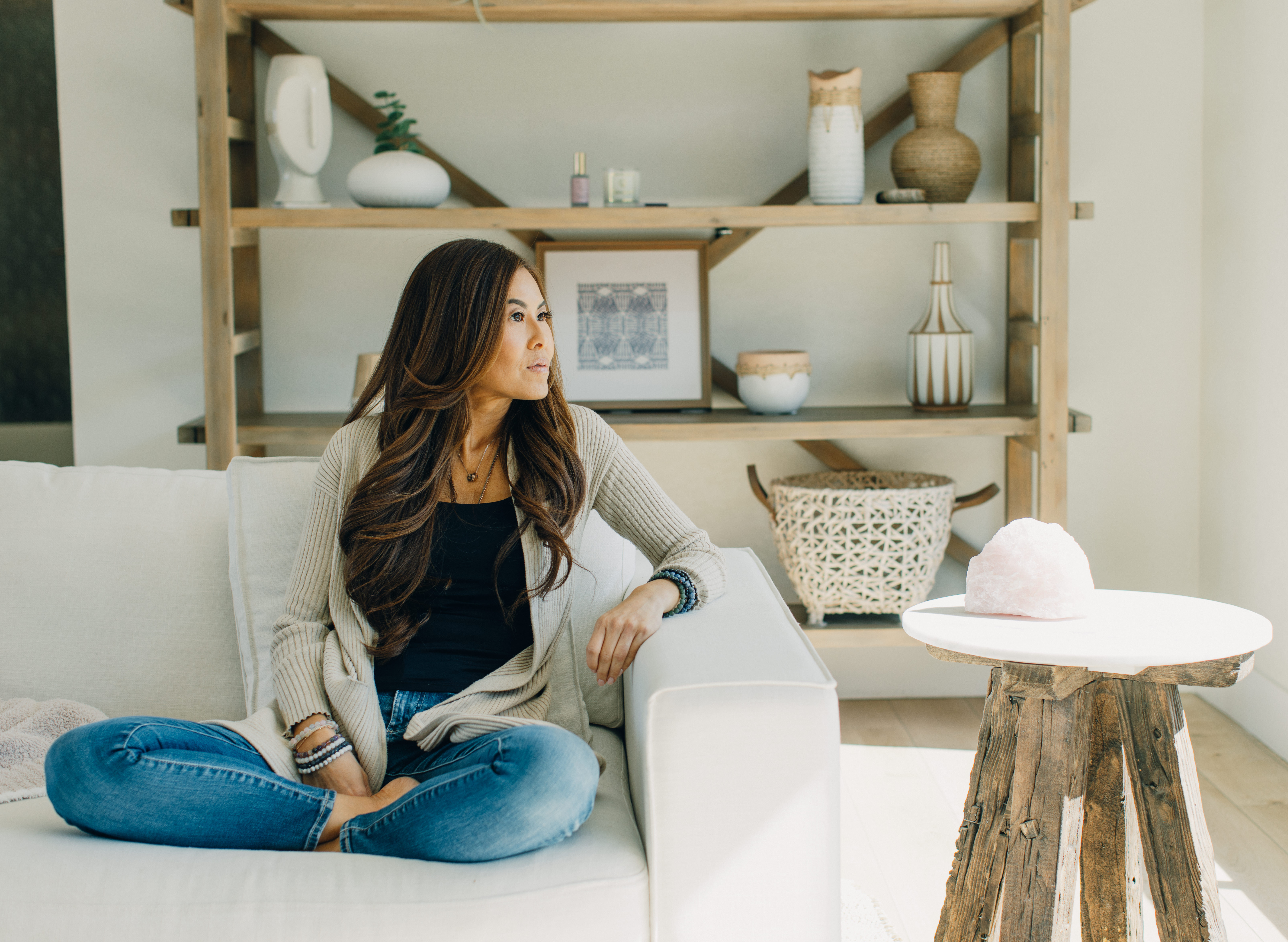Can you imagine vividly that feeling of waking up refreshed, energized, and ready to take on the day? If not, it might have been a long time since you’ve had a good night’s sleep. A lot of us struggle with getting good sleep — nearly 70 million Americans have a sleep disorder and 30% of adults experience short-term insomnia.
There are countless remedies that are supposed to help us sleep, some scientifically proven and others…not so much. Taking melatonin supplements is one of the most common solutions people turn to when they want better sleep. Maybe you’ve started taking melatonin gummies yourself to solve your sleep problems! Many of my clients and friends ask me about the melatonin benefits in sleep. Specifically they ask: Is taking melatonin safe? What the effects are on health and wellness?
In this blog post, I’m answering all your melatonin questions:
- What is melatonin used for?
- Why is good sleep so important?
- What are the benefits of melatonin?
- Should you take a melatonin supplement?
- How much melatonin to take for sleep?
- What is the best brand of melatonin supplements?
- What are some other ways to get better sleep?
Let’s explore melatonin and nighttime habits to help you get better sleep!
What Is Melatonin Used For?
Melatonin is a natural hormone produced by your pineal gland. It responds to darkness and helps control the timing of your circadian rhythm and sleep. It’s possible melatonin has several other roles to play in your body, but these effects aren’t fully understood by researchers yet.
Think of melatonin as the “sleep hormone.” And the number-one reason why your body struggles to create enough melatonin is due to light overexposure.
Melatonin production in our body is governed by light exposure. In bright light, melatonin production decreases, while in darkness, production increases. In a perfect world, our bodies produce and release this hormone in accordance with the rising and setting of the sun. Melatonin levels should naturally increase before bedtime, helping our bodies get to sleep, and decrease in the morning when the sun rises. Exposure to bright lights from TV, cell phones, and laptops before bed — or even just turning on a light in the middle of the night — will disrupt our natural circadian rhythm.
Why Getting Good Sleep Is Essential
If you struggle to get enough sleep, then I don’t have to tell you how essential it is to your overall health! One of the most important factors that contributes to happy immune systems is good sleep. Lack of restful sleep not only damages our bodies but simply makes us feel worse. We don’t do as well at work, school, or in our relationships because we feel too tired. Over the long-term, lack of good sleep creates a destructive cycle that’s hard to get out of.
Sleep deprivation has been linked to immune system failure, diabetes, cancer, obesity, depression, and memory loss. Just sleeping poorly for one night can result in faster aging of your skin, storing extra body fat, and your body being as insulin-resistant as that of a type-2 diabetic. Sleep is also essential to brain health and function.

The Benefits of Melatonin and Good Sleep for Your Body
Because melatonin regulates inner circadian rhythms, synthetic melatonin supplements are commonly used to help people find balance when jet lagged or experiencing sleep disorders. It is clinically proven to help people fall asleep and stay asleep.
This powerful hormone has antioxidant, anti-inflammatory, and anti-aging properties that help to prolong muscle strength, support muscle recovery, and may help protect against cancer.
To produce enough melatonin, we need vitamin B6. Tryptophan is an amino acid that is essential in the process of creating melatonin, and vitamin B6 helps convert tryptophan into melatonin.
Should You Take A Melatonin Supplement?
Is taking melatonin safe? If you struggle with short-term sleep loss, melatonin can be an effective solution. According to the National Sleep Foundation, it’s not addictive when used over a short period, and does not cause symptoms of withdrawal when you stop taking melatonin supplements.
A supplement can help, but combining a melatonin supplement with eating more whole foods can have an even bigger impact on your sleep. Especially when paired with the other night time routine tips mentioned below.
Also, keep in mind that melatonin is not a cure for all sleep disorders. Some people say they struggle to fall asleep after using melatonin supplements for extended periods of time, and it’s typically better suited for short-term use. If you suffer from long-term insomnia, melatonin supplements might not be the best solution for you.
How Much Melatonin to Take for Sleep
Taking melatonin in low doses is the most effective way to promote sleep. You can buy supplements over the counter ranging from 1mg to 10mg, however, Cleveland Clinic recommends not exceeding 3mg. Taking between 0.5mg and 3mg of melatonin can help get rid of restlessness or overcome jet lag.
Whole Foods High in Melatonin
Eating foods high in melatonin can also help your body get enough of this hormone to promote better sleep. Try to incorporate the following foods in your diet:
- Pistachios
- Walnuts
- Sunflower seeds
- Eggs
- Fish
- Grapes
- Tart cherries
- Strawberries
- Tomatoes
- Peppers
- Mushrooms

Nighttime Rituals for Better Sleep
Good sleep doesn’t only come down to what you consume. Establishing nighttime habits can also promote restful sleep. The Sleep Foundation recommends some of the following activities to do as part of a bedtime routine:
- Go to bed and wake up at the same times every day
- Avoid using electronic devices as much as possible before bed
- Have a light snack before bed (choose from one of the whole foods listed above!)
- Drink chamomile or lavender tea
- Take a warm bath
- Listen to relaxing music before falling asleep
- Do deep breathing exercises or muscle relaxation
- Meditate
- Read a book
- Write in a journal
- Make your bedroom cool, dark, and quiet

Melatonin: Safe to Use and Promotes Better Sleep
Taking melatonin in small doses is not only safe but can also remedy short-term sleep problems. Getting enough sleep is so important, and adding a melatonin supplement, the right foods, and a good bedtime routine can make a huge difference. Instead of melatonin an alternative is tea.
Do you use melatonin supplements? Do you find it effective? Let me know in the comments!
Read More About Getting Great Sleep
Learn more about getting amazing sleep here
The Science of Beauty Sleep READ HERE
10 Essential Oils That Might Help You Get Some Sleep
The Latest on Sleep Optimization with Dr. Breus
xo – Serena
by





